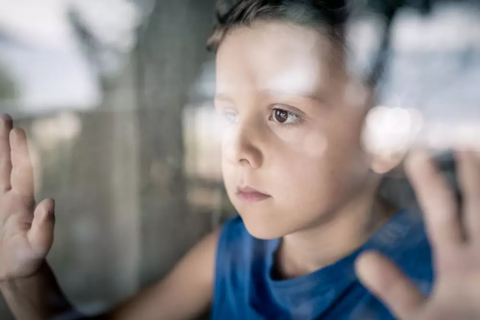How We Helped Our Client With Care Proceedings
Social workers had become concerned about the welfare of four children aged from 9 months to 6 years old, as neighbours had heard shouting in the home and bottles smashing. The police attended at the family home and found the father being both drunk and abusive.
An anonymous referral to social services mentioned that the mother struggled with her mental health and described the children as “grubby and wild”. As a result of this, social services questioned whether she was using illegal drugs.
Social workers visited the home and found that the cupboards were bare and that there was no fresh food in the fridge. However, the mother explained this by saying that social workers had simply visited on the day before she receives her benefit paymentsand goes shopping.
Social workers also believed that the house was cluttered and warned that the youngest children wouldn’t be able to meet their developmental milestones if they weren’t able to safely move around to explore their home environment. The mother was trying to get a larger property for the family and she said that she often cleaned obsessively as she felt that she couldn’t keep a small house with four children tidy.
She was also stressed and suffering with depressionThis meant that on some days, she didn’t feel like getting out of bed and failed to make school attendance a priority. In turn, this led to the two older children often being late for school.
The concerns led to the children being placed on a Child Protection Plan and deemed to be at risk from physical and emotional harm and neglect.









